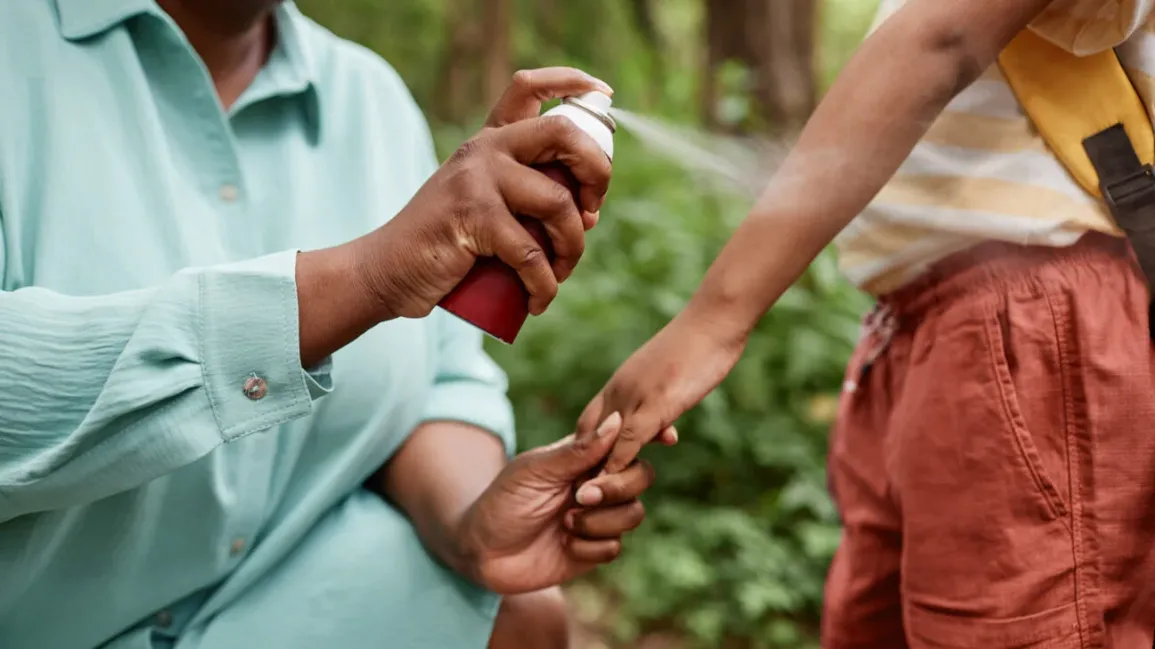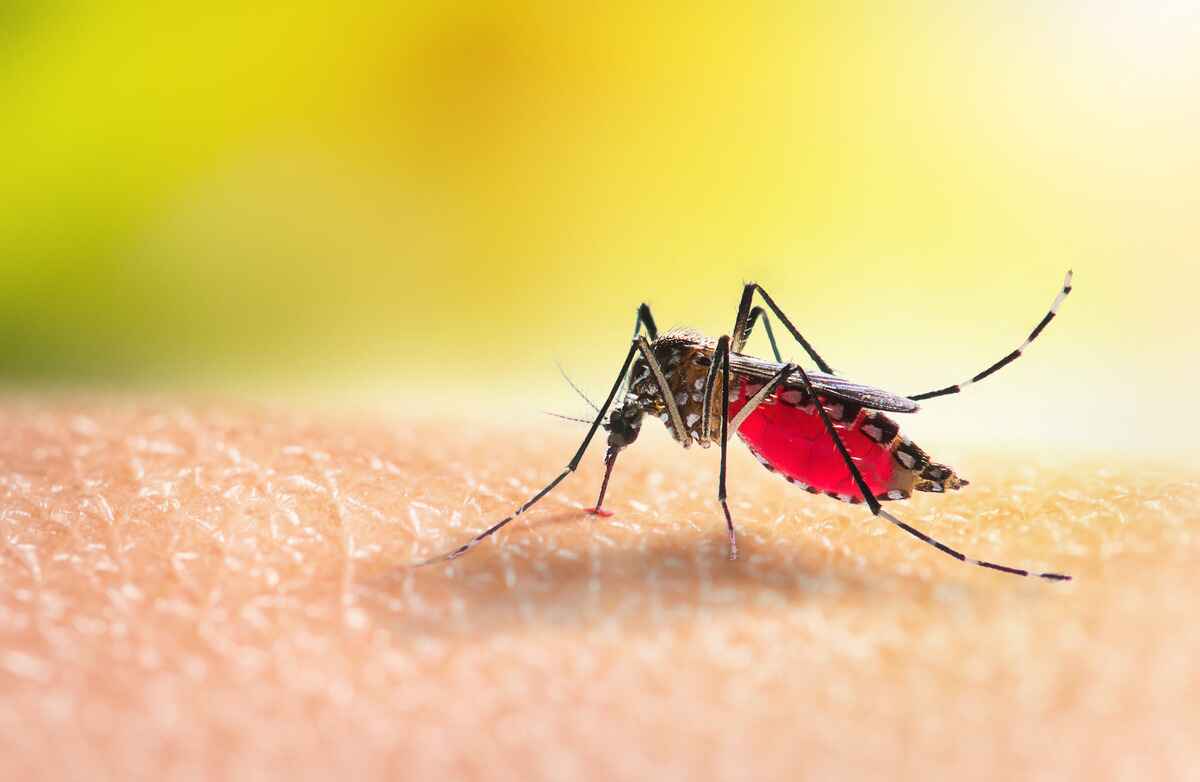At least four individuals in Florida and one in Texas have been diagnosed with malaria, likely contracted near their homes. According to health officials, none of these individuals traveled outside the US or their respective states.
This highly unusual finding has left infectious disease specialists concerned about the potential spread and whether local doctors will recognize the symptoms.
While malaria is not unheard of in the US, with around 2,000 residents contracting it annually, these cases typically involve individuals who traveled to malaria-endemic regions, were bitten by infected mosquitoes, and then fell ill upon returning home.
Locally acquired malaria is exceedingly rare, usually resulting from a chain of transmission that begins with a US mosquito biting a traveler, migrant, or refugee carrying the infection.
The mosquito then spreads it by biting another person. The last such occurrence in the US was in 2003.
Globally, there are about 247 million cases of malaria annually, according to the World Health Organization, with mosquitoes serving as vectors.
Humans are the natural hosts of the disease, and mosquitoes transport it between people. Unlike COVID-19 and some other diseases, animals do not play a role in its transmission.
When experts confirm a malaria diagnosis in someone who hasn’t traveled, their first concern is identifying who else might be infected but undetected.
“If there are five cases right now, that means there’s got to be a lot more mosquitoes out there that are infected,” says Ross Boyce, a physician and assistant professor at the University of North Carolina at Chapel Hill School of Medicine, who manages a malaria research program in Uganda.
“And there may even be more people that are infected than we know about at this point.”
The five individuals identified by health authorities in Sarasota County, Florida, and Cameron County, Texas, have received treatment and are recovering, according to the Centers for Disease Control and Prevention.
In both regions, mosquitoes have been trapped and analyzed, and mosquito-control districts are spraying insecticides to reduce local populations.
These actions are familiar in parts of the US due to the 2016 Zika epidemic, which affected North and South America and reached Brownsville, Texas, within Cameron County.

Florida has also been dealing with dengue outbreaks for over a decade, which started in Key West and spread to Miami.
However, malaria has not been persistently present in the US since it was eradicated in 1951 through a campaign that led to the formation of the CDC.
Given this history, malaria experts are concerned that doctors, especially primary care physicians, may not recognize it when they see it.
“Malaria often has very nondescript symptoms—you have fever, or feel like you have the flu,” says Amy Bei, an epidemiologist and assistant professor at the Yale School of Public Health, speaking from a research site in Senegal.
“And not all doctors are going to have that as their first thought. When you start to have local transmission, it’s an important thing for clinicians to be thinking about.”
The recent cases involve the Plasmodium vivax species of malaria, which is less frequently lethal than the dominant form, Plasmodium falciparum.
P. vivax can still cause severe illness and has the ability to lie dormant in the liver, causing no symptoms and not showing up on blood tests until it reactivates. This means a person may think they have recovered but remain a risk to others.
The risks from diseases like dengue and Zika, along with West Nile virus, have increased awareness of how climate change affects mosquito-borne diseases.
The species that spread these viruses—Aedes aegypti for dengue and Zika, and various Culex species for West Nile—are expanding their ranges, with climate change contributing to conditions more favorable for mosquitoes.
Malaria, transmitted by Anopheles mosquitoes, already present in much of the US, is affected by climate change in other parts of the world.
In the US, the recent malaria cases occurred in areas where malaria was present before its local elimination, suggesting that climate change may not be a significant factor in these specific incidents.
Effective mosquito control measures in high-risk areas are crucial but challenging.
Mosquito abatement is locally managed in the US and varies widely; some Florida cities have extensive resources, while others in the South have limited funds.
“I hope this is a further wake-up call that there needs to be more investment in vector surveillance and vector control,” Boyce says. “So you spot it in the mosquitoes before you have a human case.”
Preventing malaria in the US hinges on not bringing the infection into the country, a difficult task given the high number of travelers from endemic zones.
Travelers can take preventive drugs, but side effects often deter people from using them. With the surge in post-COVID travel, more Americans are visiting tropical regions without taking necessary precautions, risking bringing malaria back home.
“We already have 2,000 cases a year, and a lot of those are because people did not take precautions,” says Johanna Daily, a malaria researcher and professor at Albert Einstein College of Medicine, and a physician at Montefiore Health System.
“If people are traveling to endemic areas, please go to a travel clinic, please take antimalarials. It could prevent malaria here in the US.”
